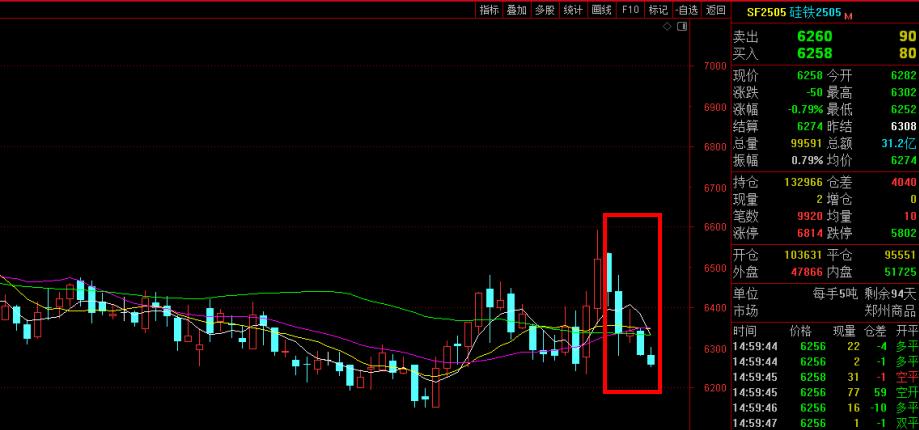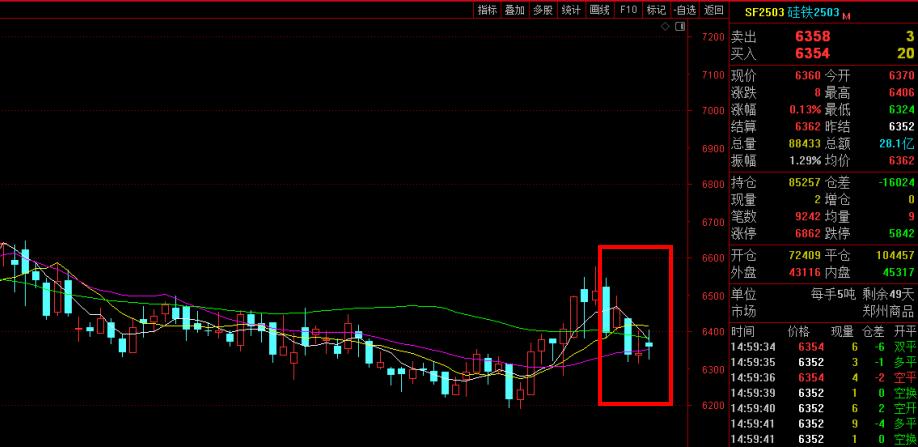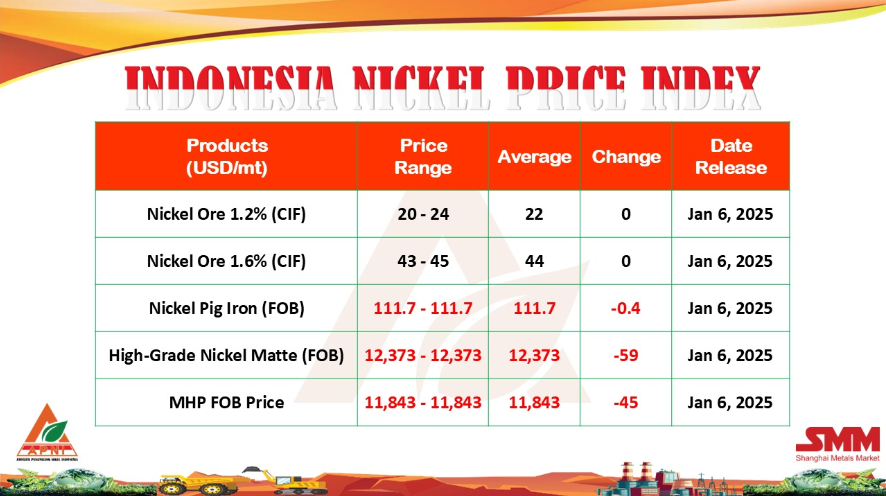[ferro-alloys.com] Vietnam's ferrous and nonferrous metal scrap imports plunged in January amid stricter government regulations, according to the country's customs data released this week.
Vietnam imported 274,550 mt of metal scrap in January, down 53% from 586,862 mt a year ago. The January imports were also the lowest since 268,179 mt in January 2017.
Market participants said they were expecting a sharp decrease in the imports as the government started to regulate scrap trade last year, following China. The government has restricted imports of the so-called mixed metal, which contains plastic, paper and other non-metallic material.
Since October, scrap metal imports were required to contain 99% metal, and importers needed to obtain an import license from the Ministry of Finance and an environmental license from the Ministry of Natural Resources & Environment, according to local buyers.
The buyers said the new regulations were believed to have been triggered by international mixed metal suppliers shifting their sales target to Southeast Asia from China. The new licensing system made it difficult to import US low-grade Zorba scrap, which is typically 90% metal and 10% other material, traders said.
Customs data showed that in January, Japan was the largest supply source for Vietnam, accounting for 30% of the imports, followed by the US with 15%, Australia 11%, Hong Kong 9% and the UK 4%. The imports averaged at $326/mt.
Most of the imports are believed to be ferrous scrap as Vietnam's consumption of aluminum and other nonferrous scrap is 20,000 mt/month or less, traders said.
Vietnam's scrap imports would likely remain low because in addition to the licenses, importers are subject to inspections and additional costs to support recycling.
"In addition to customs, a third-party inspection agency conducts checks on scrap quality, taking random samples," a Ho Chi Minh-based trader said. A remelter said importers also needed to pay a deposit to the government. The deposit is used as a fee for treating abandoned scrap.
Vietnam needs to secure metal resources to support its growing steel and manufacturing sectors. "Vietnam levies a 22% export tax on scrap aluminum, and this is to protect its resource supplies," the Ho Chi Minh trader pointed out.
(S&P Global Platts)
- [Editor:王可]



 Save
Save Print
Print Daily News
Daily News Research
Research Magazine
Magazine Company Database
Company Database Customized Database
Customized Database Conferences
Conferences Advertisement
Advertisement Trade
Trade














 Online inquiry
Online inquiry Contact
Contact

Tell Us What You Think